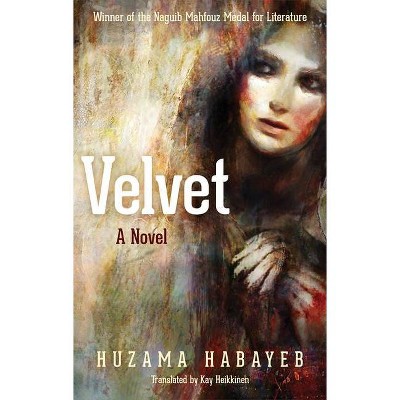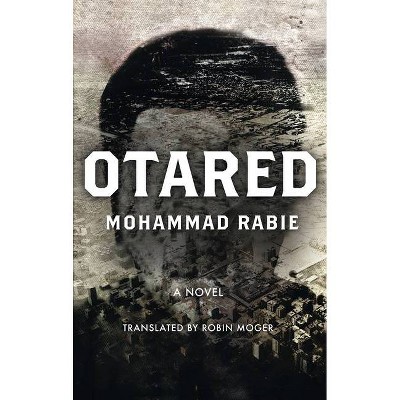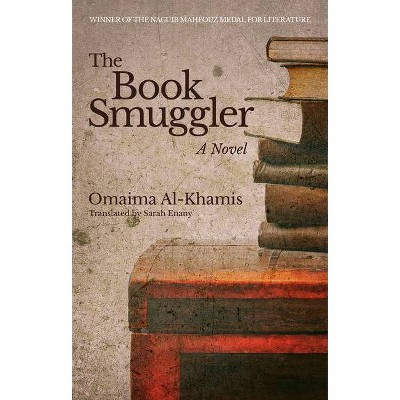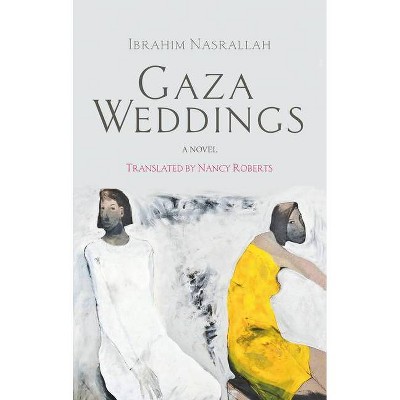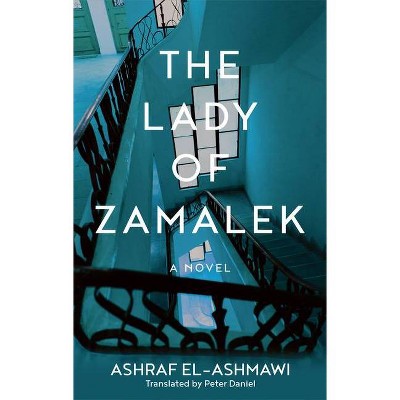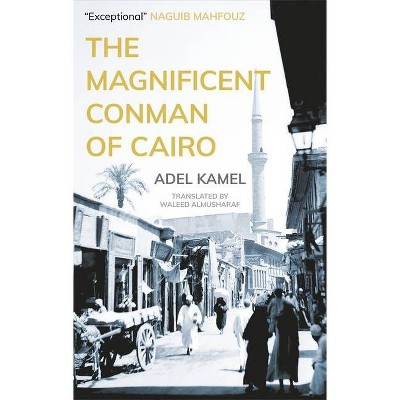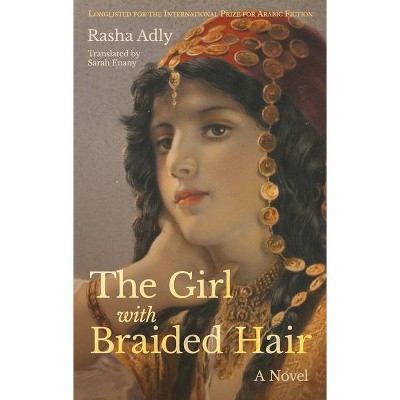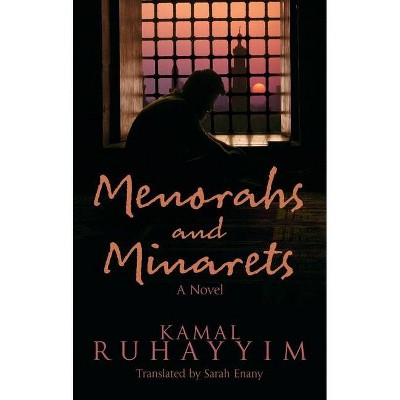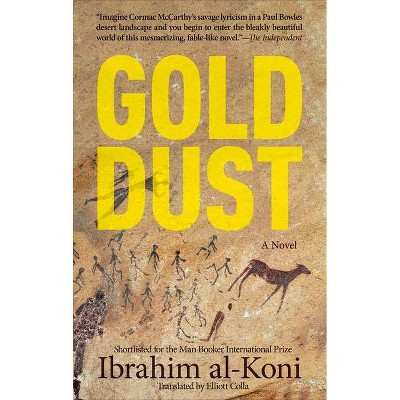The Woman from Tantoura - (Hoopoe Fiction) by Radwa Ashour (Paperback)
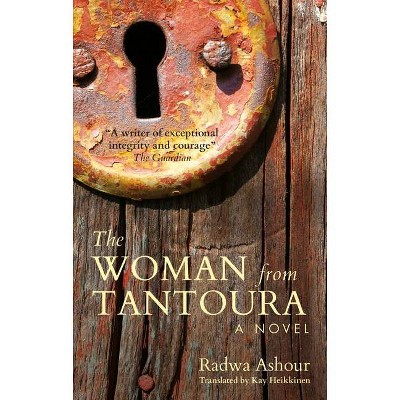
Similar Products
Products of same category from the store
AllProduct info
<p/><br></br><p><b> About the Book </b></p></br></br>Ruqayya was only thirteen when the Nakba came to her village in Palestine in 1948. The massacre in Tantoura drove her from her home and from everything she had ever known. She had not left her village before, but she would never return. Now an old woman, Ruqayya looks back on a long life in exile, one that has taken her to Syria, Lebanon, the Gulf, and given her children and grandchildren. Through her depth of experience and her indomitable spirit, we live her love of her land, her family, and her people, and we feel the repeated pain of loss and of diaspora.<p/><br></br><p><b> Book Synopsis </b></p></br></br>Ruqayya was only thirteen when the Nakba came to her village in Palestine in 1948. The massacre in Tantoura drove her from her home and from everything she had ever known. She had not left her village before, but she would never return. Now an old woman, Ruqayya looks back on a long life in exile, one that has taken her to Syria, Lebanon, the Gulf, and given her children and grandchildren. Through her depth of experience and her indomitable spirit, we live her love of her land, her family, and her people, and we feel the repeated pain of loss and of diaspora.<p/><br></br><p><b> Review Quotes </b></p></br></br><br>"Gives new insight into the known and hidden chapters of Palestinian history. It is also a celebration of Palestinian popular culture, of unsung heroes, big and small acts of resistance, creativity and resilience in the face of overwhelming odds."--Sally Bland, Jordan Times <p/> "Some books have a way of enchanting, attracting, and drawing you to leave your world and start a life among its pages. The Woman from Tantoura, the latest masterpiece from Egyptian writer Radwa Ashour, is exactly that kind of book."--Diwan al-Arab <p/> "Rich, challenging and indisputably important . . . a grand narrative of Palestinian life since the Nakba . . . Read this book. Then read it again, and then lend it to your friends." --Electronic Intifada <p/> "Radwa Ashour was a powerful voice among Egyptian writers of the postwar generation and a writer of exceptional integrity and courage. Her work consistently engages with her country's history and reflects passionately upon it . . . She will surely occupy an important place in the story to which she attended with such sensitivity and conscience.--The Guardian <p/> "One of the most influential writers in Arab region"--Egypt Independent <p/> "Ashour writes beautifully, balancing her own talent for evocative."--India Stoughton, The Daily Star <p/> "Radwa Ashour reveals her sublime talent in her novel The Woman from Tantoura. Serious-minded, severe, and profound, [it] is an unforgettable story about the human search for meaning in the wake of suffering and tragedy. Highly recommended."--Library Bookwatch <p/> "An important writer whose exemplary work we need more of in English"--The Independent <p/> A delightful read . . . recommended for anyone who wishes to understand the human cost of the Palestinian plight.--The Muslim World Book Review <p/><br><p/><br></br><p><b> About the Author </b></p></br></br>Radwa Ashour (1946-2014) is a highly acclaimed Egyptian writer and scholar. She is the author of more than fifteen works of fiction, memoir, and criticism, including Granada (AUC Press, 2008) and Specters (AUC Press, 2010), and was a recipient of the Constantine Cavafy Prize for Literature and the prestigious Owais Prize for Fiction. Kay Heikkinen is a translator and academic who holds a PhD from Harvard University and is currently Ibn Rushd Lecturer of Arabic at the University of Chicago. Among other books, she translated Naguib Mahfouz's In the Time of Love (AUC Press, 2010).
Price History
Price Archive shows prices from various stores, lets you see history and find the cheapest. There is no actual sale on the website. For all support, inquiry and suggestion messages communication@pricearchive.us

